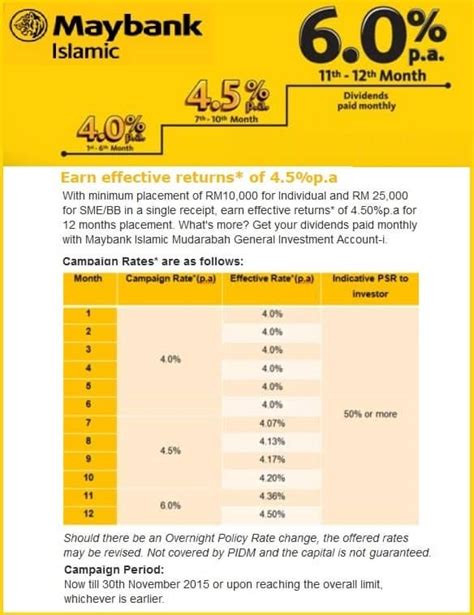Introduction: Unlocking the Power of Vitamin D Milk
In an era where health and wellness take center stage, navigating the vast array of nutritional choices can be daunting. Among the myriad options, vitamin D milk has emerged as a potential game-changer for promoting optimal bone and overall well-being. But is it truly worthy of its hype? This comprehensive guide delves into the depths of vitamin D milk, exploring its benefits, potential drawbacks, and whether it’s a wise addition to your dietary regimen.

What is Vitamin D Milk?
Before delving into its merits, let’s shed some light on what sets vitamin D milk apart. As the name implies, vitamin D milk is a fortified beverage that contains varying amounts of vitamin D, a nutrient essential for calcium absorption and bone strength. Typically, dairy milk or plant-based milk alternatives, such as soy or almond milk, are enriched with vitamin D. This fortification process ensures that consumers can reap the benefits of this vital nutrient even if their diet may not provide sufficient amounts from other sources.
Unveiling the Benefits of Vitamin D Milk
1. Enhanced Bone Health:
Vitamin D is a key player in the body’s ability to absorb calcium, a mineral crucial for building and maintaining strong bones. Adequate vitamin D levels promote bone mineralization, reducing the risk of osteoporosis, fractures, and other bone-related issues.
2. Reduced Risk of Falls:
Strong bones are not just about supporting your weight; they also play a vital role in balance and stability. Vitamin D helps you maintain bone density, which can lower your chances of falling, particularly as you age.
3. Enhanced Immune Function:
Vitamin D has emerged as a potent modulator of the immune system. Studies have shown that it can boost the body’s natural defenses against infections, potentially reducing the risk of colds, flu, and other illnesses.
4. Cardiovascular Health:
Emerging research suggests that vitamin D may play a role in cardiovascular health. Some studies have linked higher vitamin D levels to reduced inflammation, improved blood pressure control, and a lower risk of heart disease.
5. Improved Cognitive Function:
Vitamin D has also been implicated in cognitive health. It is believed to support the production of neurotransmitters and protect against age-related cognitive decline, including Alzheimer’s disease.
Potential Drawbacks and Cautions:
While vitamin D milk offers numerous benefits, it is essential to acknowledge potential drawbacks and exercise caution to avoid excessive consumption:
1. Overdose Risk:
чрезмерное потребление витамина D может привести к гипервитаминозу D, который может вызвать такие симптомы, как тошнота, рвота, слабость и повышенный уровень кальция в крови.
2. Sensitive Individuals:
Some individuals may be more sensitive to vitamin D and experience adverse effects at lower intake levels. It is crucial to consult a healthcare professional if you have any underlying health conditions or concerns.
Tips for Incorporating Vitamin D Milk into Your Diet:
1. Choose Fortified Milk:
When selecting milk, opt for varieties fortified with vitamin D. Check the nutrition label to ensure it provides a significant amount of this essential nutrient.
2. Consume in Moderation:
While vitamin D milk is beneficial, it is crucial to consume it in moderation. Excessive intake can lead to potential health risks. Aim for around 600-800 IU of vitamin D per day from all sources, including milk, food, and supplements.
3. Consider Dietary Sources:
In addition to fortified milk, incorporate other vitamin D-rich foods into your diet, such as fatty fish (salmon, tuna, mackerel), eggs, and mushrooms. Sunlight exposure can also help boost your vitamin D levels.
4. Consult a Healthcare Professional:
If you have any concerns about vitamin D intake or your overall health, it is highly recommended to consult with a healthcare professional for personalized guidance.
Conclusion: Making an Informed Choice
The question of whether vitamin D milk is good for you in 2025 and beyond is complex. While it offers potential benefits for bone health, immune function, and overall well-being, it is crucial to consume it in moderation and consider your individual needs. By understanding the benefits and drawbacks, you can make an informed decision about incorporating vitamin D milk into your dietary plan. Remember, a balanced approach, including a variety of nutrient-rich foods and regular exercise, is always the key to optimal health.
















